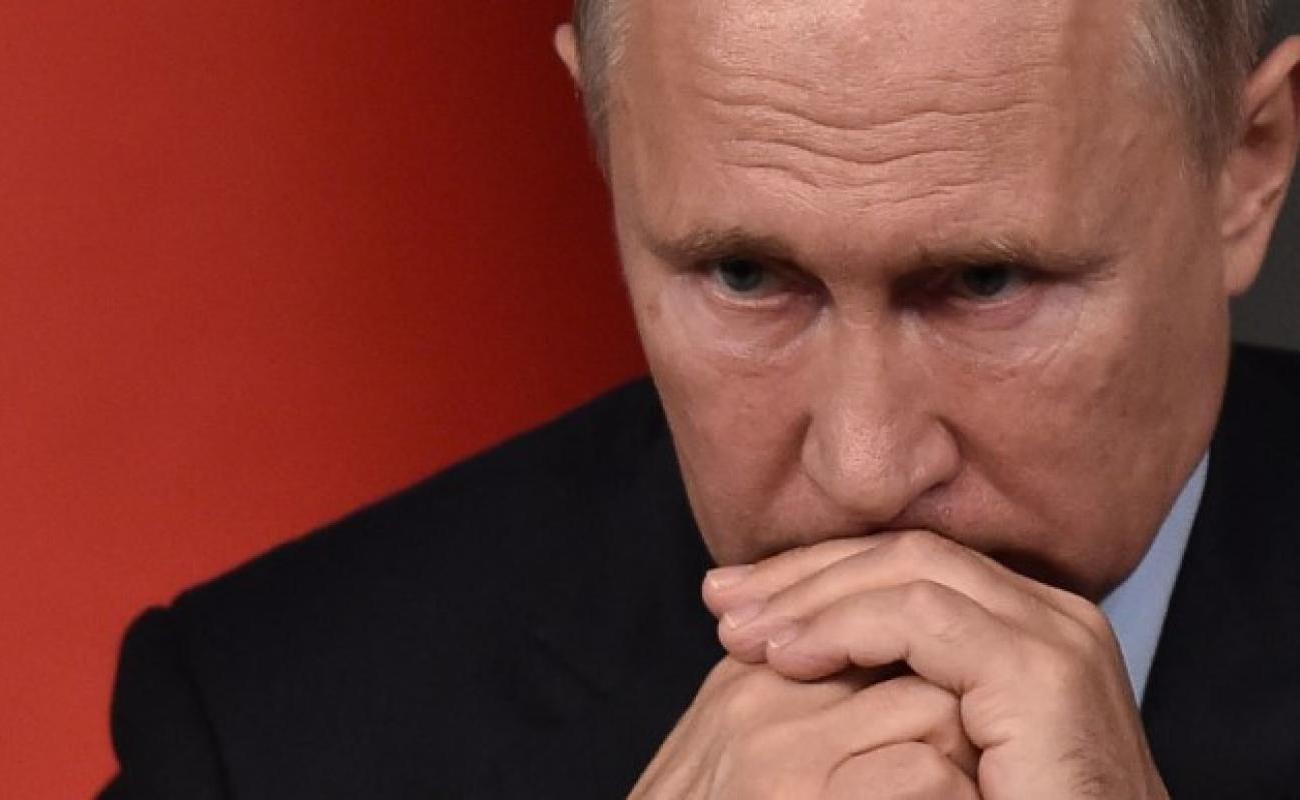Lithuania, Latvia and Estonia call for the creation of a special tribunal to try the leadership of the Russian Federation

The foreign ministers of Estonia, Latvia and Lithuania have issued a joint statement calling on the EU, together with international partners, to help Ukraine create a special tribunal that will judge the top leadership of the Russian Federation.
Source: The text of the joint statement of the ministers published on the Ministry of Foreign Affairs sites of the three countries, reported by European Pravda
Quote: "The rules-based international order, which we all strive to defend, cannot survive if there is impunity for the deeds that violate it most blatantly – genocide, war crimes, crimes against humanity, and crime of aggression.
Recent deliberate targeting of civilian homes, schools and playgrounds, as well as civilian infrastructures across Ukraine, is just the latest episode of Russia’s unprovoked terror campaign against Ukrainian people. As Russia‘s brutal assault against Ukraine continues, the EU must act to ensure that seeking justice and accountability for Russia‘s horrific crimes in Ukraine is at the centre of our policy," the ministers write.
They call for continued support for investigations conducted by Ukraine, a number of other states, as well as the International Criminal Court "since it plays a key role in collecting evidential materials, identifying and punishing those responsible for the war crimes, genocide and crimes against humanity committed in Ukraine".
However, they note that this is not enough, because "currently there is no international court or tribunal that could bring Russia’s top political and military leadership to account for committing the crime of aggression against Ukraine."
"The Special Tribunal for the Punishment of the Crime of Aggression against Ukraine has to be established to fill this jurisdictional loophole. The EU together with our partners must be at the centre of this effort," they write.
The foreign ministers of Lithuania, Latvia and Estonia specify that while the International Criminal Court will prosecute individuals for war crimes, genocide and crimes against humanity, the main responsibility of a special tribunal will be the crime of aggression.
"The key masterminds, instigators and facilitators of this murderous aggression cannot escape justice simply because of the gap in the international criminal jurisdiction," they conclude.
